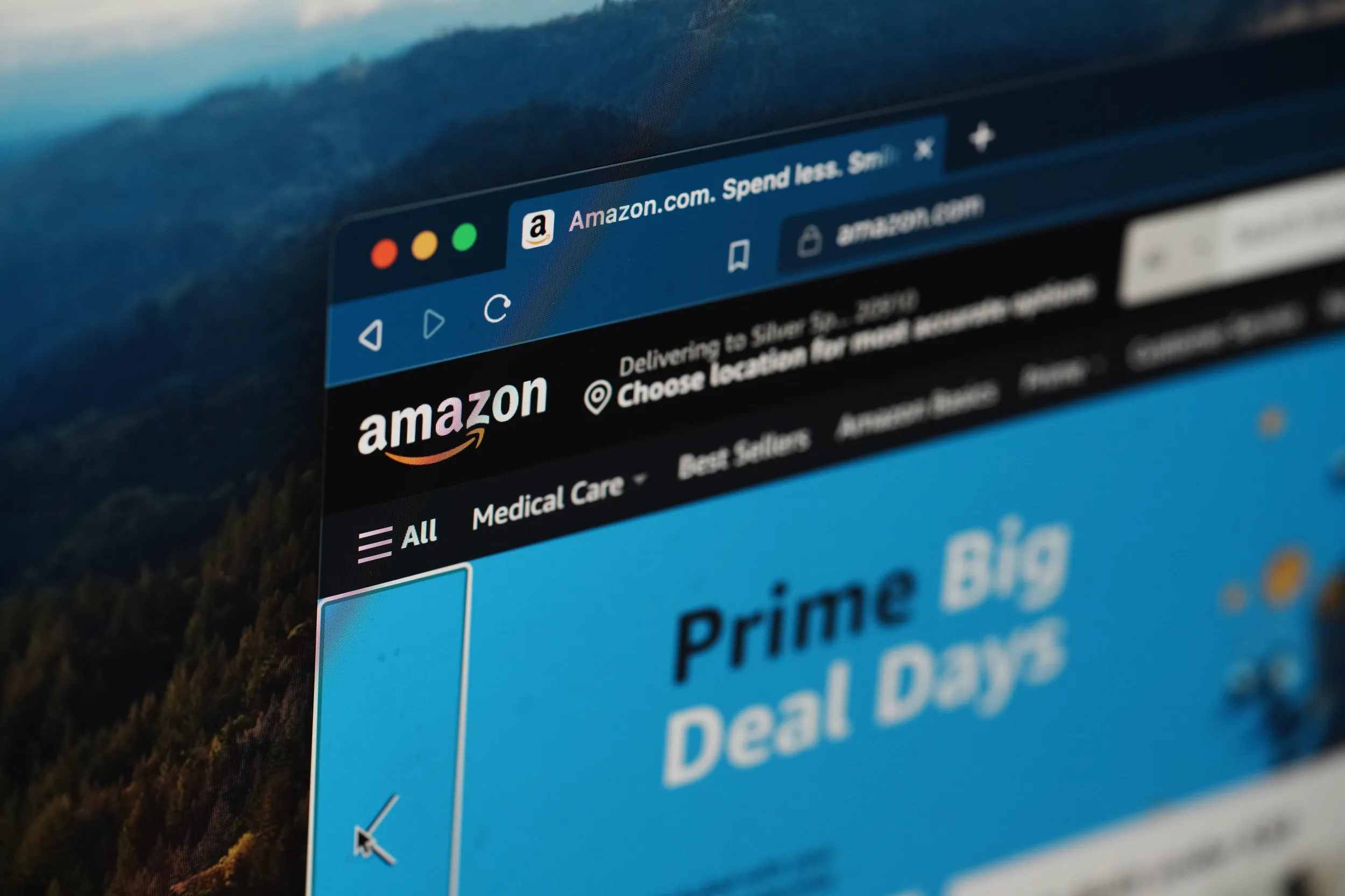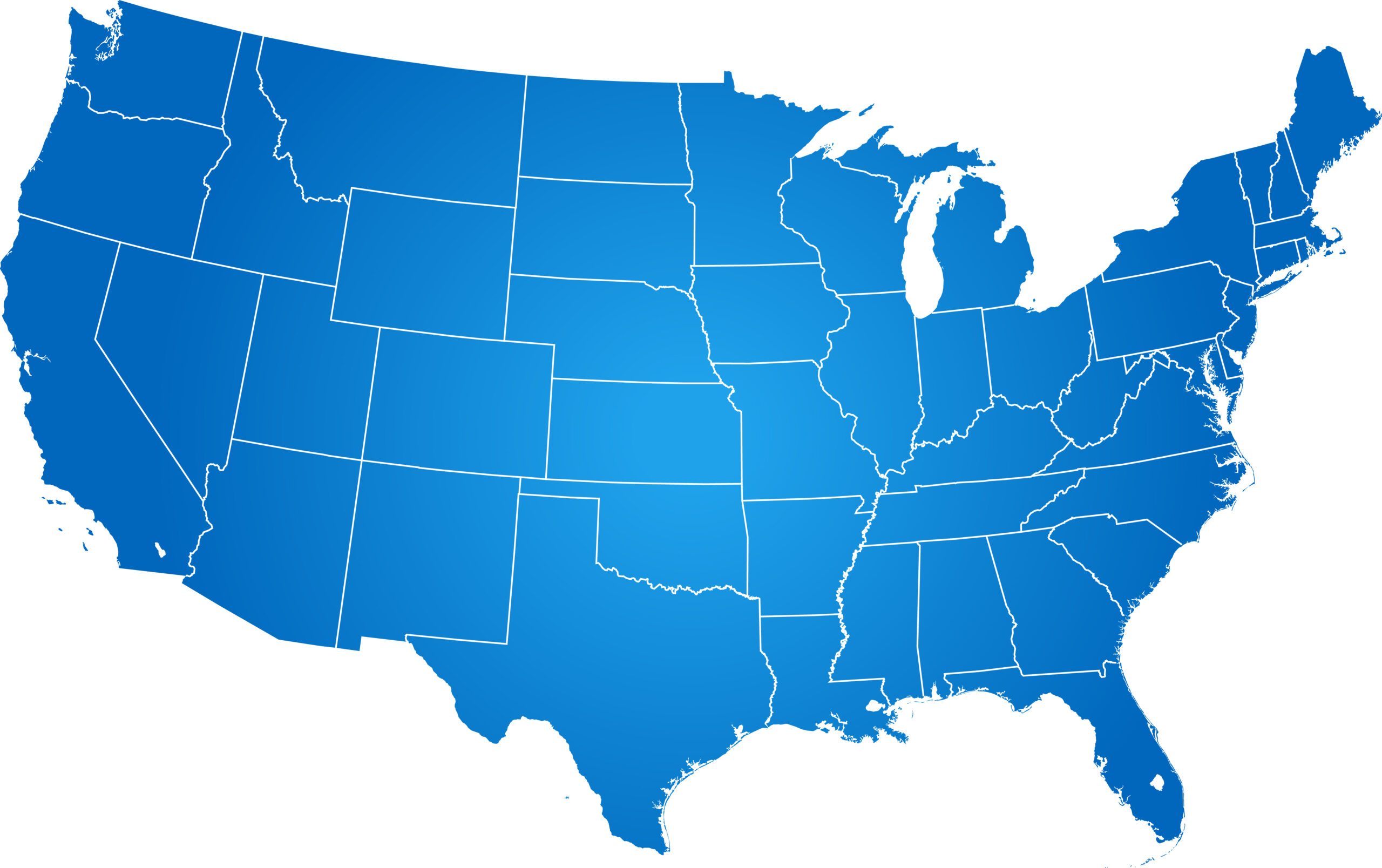Minnesota Bills Miss the Mark and Could Leave Users in Dark

Following the footsteps of Florida and Texas, Minnesota has recently produced legislation that, if enacted, would have sweeping negative effects across the internet ecosystem. Minnesota’s HF 4400/SF 4696, “Prohibiting Social Media Manipulation Act,” presents many problems. Its overly broad language, restrictive regulation of content, overbearing transparency requirements, and potential constitutional concerns all lead to a seriously damaging piece of legislation.
The construction and language used in HF 4400/SF 4696, puts into question whether the bills would aid in solving the problems they purports to focus on or, as is more likely, instead create a confusing compliance landscape for businesses that undermines innovation and competition and raises serious First Amendment concerns.
The first issue the bills pose, much like Florida’s SB 7072 and Texas’ HB 20, is that the proposed laws were built on an inaccurate understanding of social media and digital services. These bills as drafted would certainly regulate social media platforms. However, while the bills attempt to address purported “social media manipulation”, the proposed requirements and restrictions would result in a degraded user experience, and worse, harm Minnesotans disproportionately when compared to other Americans who will continue to benefit from and enjoy unfettered access to open information online.
HF 4400/SF 4696’s provisions — ranging from requiring covered services to implement a content ranking system; restricting social media access through daily engagement limits; and prohibiting contact from an account holder not already within a user’s existing extended network, among others — are all extremely heavy-handed and severely damaging to the fabric of our internet ecosystem.
These bills appear to start from a flawed premise in assuming any algorithm that sorts and promotes content based on user preference is inherently “manipulative.” This is not the case – algorithmic feeds serve content with increased relevance to individual users, prioritizing content that is more likely to be appropriate and of interest. By analyzing past interactions, browsing history, and other factors, algorithms contribute to curating a relevant and personalized experience. While algorithms personalize a user’s experience, they can also help to introduce new topics and interests allowing users to discover creators, ideas, and communities they would not have found otherwise. And algorithms are able to do this efficiently — with vast amounts of content available, algorithms help users navigate information overload by prioritizing content and allowing users to find what they’re looking for faster and with less effort. Algorithms can also be used to encourage more positive experiences online, including through the use of tools to identify and report inappropriate content such as CSAM or guiding users to helpful resources if they search for material related to self harm, suicide, or depression.
Online services already moderate content with their own algorithms specifically designed to strive for the type of communities these businesses want. Many services serve a wide range of customers and create unique communities online, therefore requiring slightly different content moderation values to prioritize certain types of content over others. If services were forced to implement a standardized content ranking system, as Minnesota’s legislation would require, the internet would be a very bland and uninteresting place. This would effectively ban personalization as services would likely be hard pressed to offer distinctive and individual offerings. This could also negatively impact marginalized communities whose beliefs or identification falls under the non-defined concept of “low quality content”, especially if a covered service must optimize content for users that “a varied set of account holders” deems “high quality”. Notably, “varied set of account holders” has an extremely vague definition and requires a social media platform to disclose what they believe satisfies this.
Of further issue is the restriction of access by daily engagement limits, which, for instance, fails to consider isolated individuals who require these services to interact with the world. This legislation even plainly restricts Minnesotan’s right to choose how long they would interact with these services, something the government should have no bearing on. It is also foreseeable that these restrictions would have dire consequences for those participating in the ever-growing creator economy. Many content creators rely on such engagement to calculate their content’s value and ensure they are able to sustain themselves financially through such activity.
These bills would also prohibit contact from an account holder not already within a user’s existing extended network. In practice, this would inhibit certain platforms from carrying out the very purpose for which they exist. For example, on LinkedIn a user that might want to reach out to new prospective employers or employees could no longer do so. The platform would therefore be prevented, by default, to allow their users to achieve the main goals for even using the service – networking, job searching, and talent recruiting.
Finally, the most glaring issue prevalent in these proposals is the myriad ways in which the provisions conflict with the First Amendment. The First Amendment not only safeguards private individuals or companies from governmental intrusion on speech, it also protects them from being compelled to speak or publish content. By compelling the speech of covered social media platforms, the proposed law would infringe upon that protection. The First Amendment prohibits the government from interfering with the right of private parties to exercise editorial discretion in the selection and presentation of speech. It is designed to allow people to communicate through a marketplace of ideas, and to prevent government intervention regarding what ideas people can view. Aside from the inherent issues with potentially cutting off users from time-sensitive information under the “daily engagement limits”, this is also clearly a government-mandated requirement that would infringe upon an individual user’s ability to access information when they want, and potentially need to.
These bill’s provisions appear geared towards decreasing time online and protecting users from the darker aspects of the internet, but they would be practically impossible to implement. HF 4400/SF 4696 are highly problematic pieces of legislation that would not only unjustly force Minnesotans into a worse internet experience, but even more disastrously, the proposed law would violate the First Amendment. It should go back to the drawing board.








